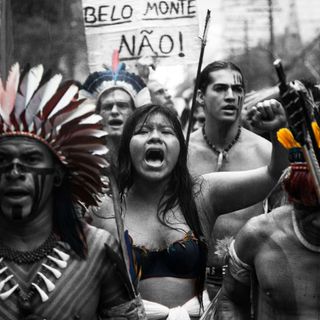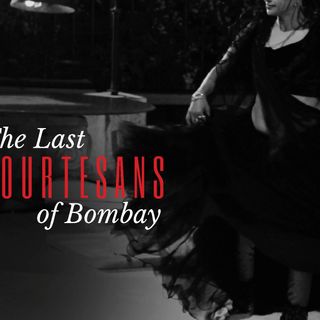Veteran TV writer Adele Lim will not be writing for the Crazy Rich Asians sequel after discovering a massive disparity between what she was offered and what co-writer Peter Chiarelli was offered.
Lim, a veteran TV writer who has worked on shows like Private Practice, One Tree Hill, Life On Mars, Lethal Weapon, Dynasty, and more was offered $110,000-plus (Rs. 79,08,725), while Chiarelli, a feature film writer who has worked on movies including The Proposal and Now You See Me 2, was offered $800,000 to $1 million (Rs. 7,18,97,500), according to The Hollywood Reporter.
Crazy Rich Asians sequel producers, Warner Bros., reportedly tried explaining to Lim’s representatives that these quotes were industry-standard ranges determined by experience since Lim had never written a feature film before the first Crazy Rich Asians movie. However, that reasoning seems odd, considering the sheer disparity in amount and Lim’s long career as a successful TV writer.
Related on The Swaddle:
Study: Women Do Ask For Raises. They Just Don’t Get Them.
“Being evaluated that way can’t help but make you feel that is how they view my contributions,” Lim told The Hollywood Reporter. While co-writer Chiarelli did offer to split his fee with Lim, she passed on the offer. “Pete [Chiarelli] has been nothing but incredibly gracious, but what I make shouldn’t be dependent on the generosity of the white-guy writer.”
Lim also said that she believed women and people of color are often regarded as “soy sauce” — writers who are expected to add to a screenplay tokenistic details that are culturally accurate, rather than to actually contribute tostorytelling, according to The Hollywood Reporter.
The pay disparity issue in Hollywood is not new, considering how in 2018 Mark Wahlberg was paid $1.5 million to reshoot scenes for All the Money in the World, as compared to Michelle Williams, who was paid $1,000. While Williams was eventually promised equal pay for future projects after news broke about this disparity, the fact that Hollywood had to be shamed into paying a star as famous as Williams equally shows how little it values women’s work. If Williams had to struggle, imagine how much more such pay disparity affects aspiring women writers, directors, actors and more, who have significantly less clout in the industry. These incidents make an excellent argument for why movements like Times Up are important to make a dent into issues like pay disparity, especially when backed by powerful, famous celebrities who can look out for their colleagues in the industry.
“If I couldn’t get pay equity after [Crazy Rich Asians], I can’t imagine what it would be like for anyone else, given that the standard for how much you’re worth is having established quotes from previous movies, which women of color would never have been [hired for]. There’s no realistic way to achieve true equity that way,” Lim told The Hollywood Reporter.




